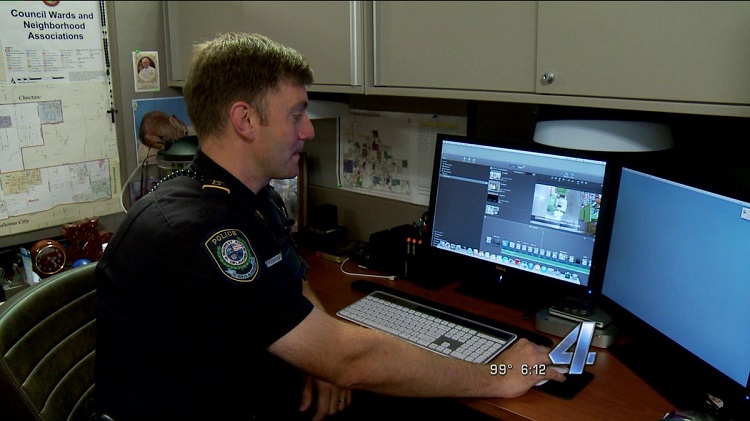If you want to successfully run an organization, you can’t afford to ignore social media. That’s especially true if you’re a running a police department. Twitter is being used more and more by law enforcement agencies, and not just to fight Internet-related crimes but solving crimes that are happening on the street and in your community.
According to a 2018 survey by twiends, 95 percent of law enforcement agencies use social media to notify the public of safety concerns, 80 percent use it for community outreach, 75 percent use it for public relation and reputation management, and 50 percent have contacted a social media company to obtain information to use as evidence. But many police departments that have embraced social media are still trying to figure it out.
Using social media has allowed police departments to:
Develop a trustworthy relationship and transparent communications with people, allowing citizens to see a constant presence of police officers on social media. It increases the communication lines between the community and the police and keeps everyone informed, according to twiends.com.
Gain Control
Social media allows police officials to become gatekeepers of information. They can inform people about missing persons to help locate them, send out crime alerts and crime prevention tips, notify citizens of accidents and road closings, reach out to citizens for information regarding crimes, and share information on awards and honors.
Spread Information quickly
Social media reaches out to a lot of people quickly. It informs the community of what is going on with crime and who is responsible for committing these crimes, and makes it easier for people to assist the police in identifying criminals. Also, it can be a useful tool to warn people of safety concerns.
Provide a forum to answer questions or publish tips
Individual cops aren’t about to turn into citizen journalists anytime soon, but the police are able, through social media and real-time updates, to provide essential information that the public and news gathering agencies need to know.
Obtain Information on Suspects.
Law enforcement agencies have begun to track the social media activities of those they suspect of crimes. People have, in fact, been arrested based on information that authorities received from social media sites like Twitter.
Hiring Decisions
Of course, in order to solve crimes and maintain trust among people, agencies have to make sure they have the working force. Law enforcement agencies have long conducted extensive and thorough background investigations on their job applicants. Sites like Facebook, Twitter, LinkedIn, Instagram have allowed background investigators to gain new and valuable insight into the character of their law enforcement candidates.
Prevent Crime
Criminal investigation strategies that use social networking have hit the mainstream. Once looked upon with scepticism, an increasing number of law enforcement agencies have adopted the technology. It is not unusual to hear a news story about a criminal who posted details of their actions on social networking website, only to be apprehended within hours.
Increase Transparency
Providing the public with crime statistics and opportunities to engage with law enforcement through a social networking platform is a time-saving and convenient way to accomplish that goal.
